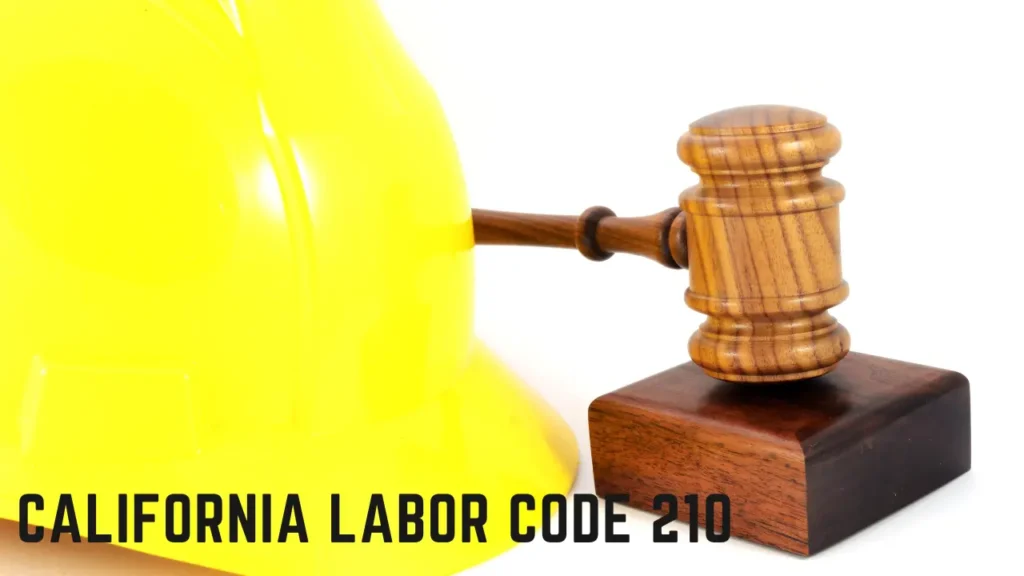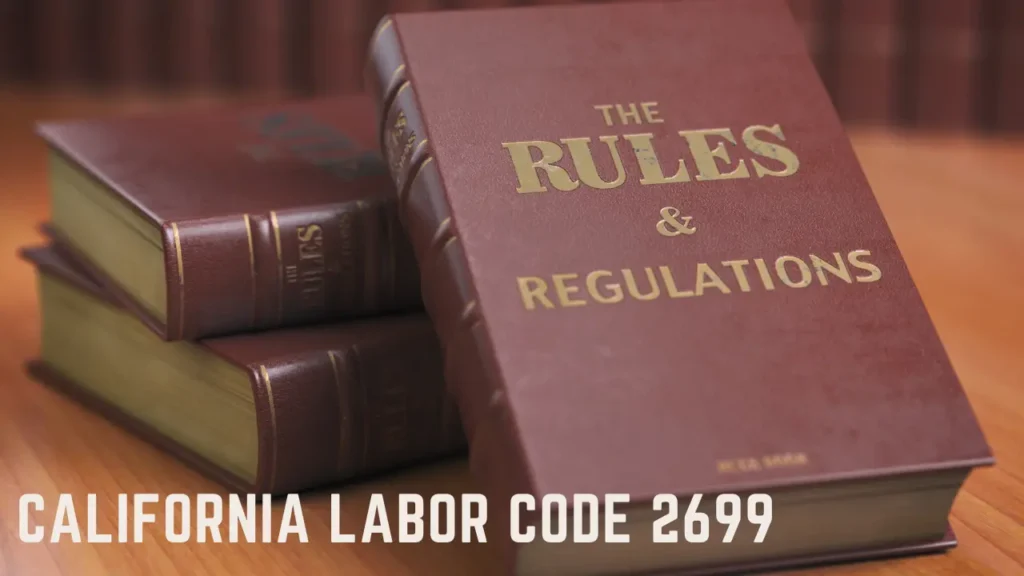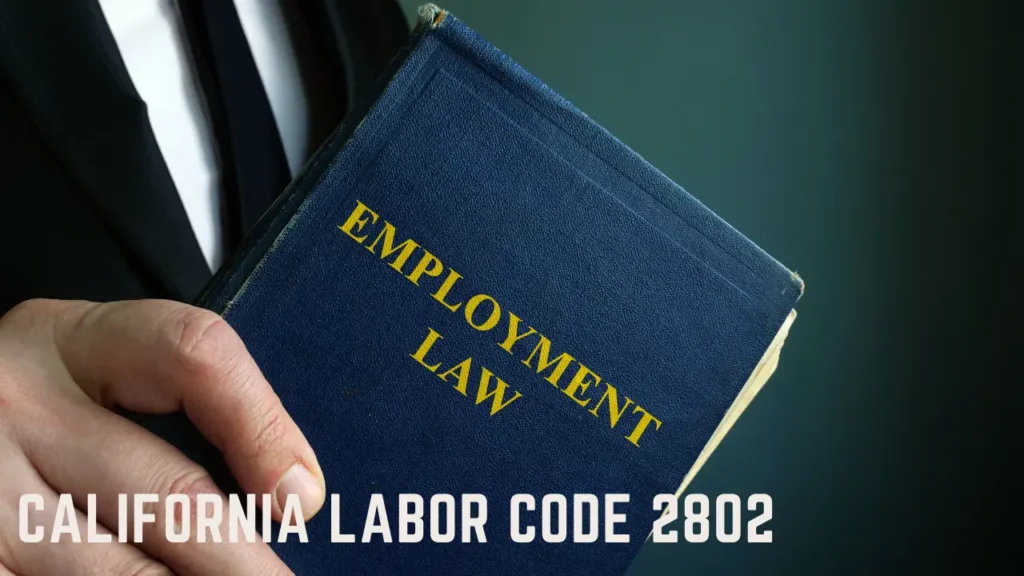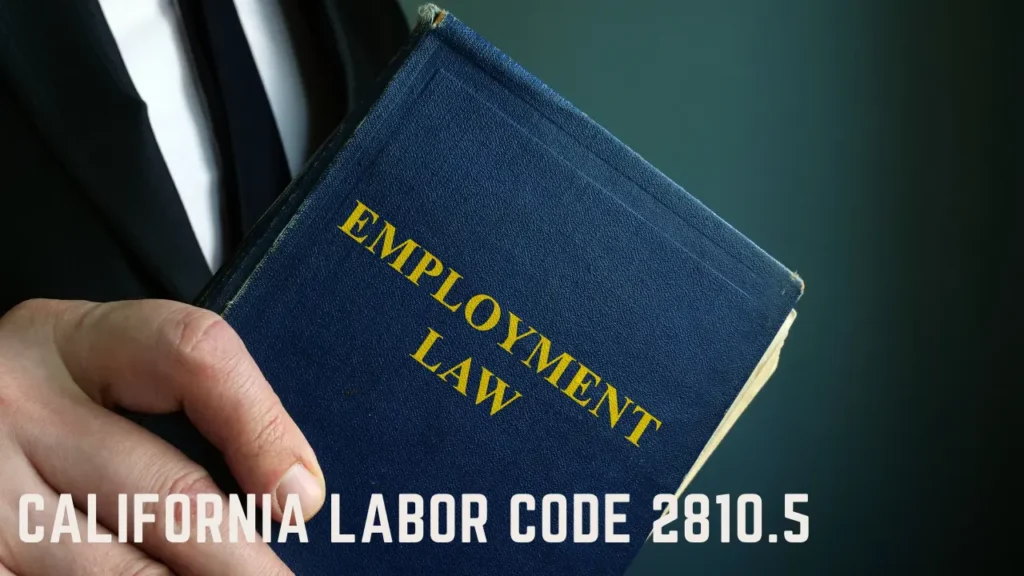Table of Contents
ToggleHowever, the complexity arises when these conditions are not met and the offer is potentially withdrawn while remaining within the boundaries of legal and ethical norms.
As we progress through this discussion, we will unpack the intricacies, implications, and legal aspects of conditional offers of employment, providing a comprehensive understanding for both employers and potential employees.
Understanding Conditional Employment Offers
To fully comprehend the concept of conditional employment offers, it is crucial to delve into the specifics of what these offers entail, the legalities surrounding their conditions, and the potential implications for both the employer and the prospective employee.
A conditional employment offer is a job offer that hinges on the prospective employee fulfilling certain prerequisites or job offer requirements. This conditional job offer process can encompass a range of conditions including successful completion of drug tests, background checks, or meeting specific educational and experience requirements.
It is within the employer’s right to withdraw the job offer if these conditions are not met within a stipulated timeframe. However, these conditions must be lawful, non-discriminatory, and relevant to the job’s responsibilities.
Rules for Conditional Job Offers
Navigating the legal landscape of conditional job offers requires a clear understanding of the rules and regulations that govern them.
A conditional job offer is typically extended after initial screenings but before job offer acceptance. It means the candidate is deemed fit for the role, contingent upon certain conditions being met.
The potential employee may be required to pass additional screenings, tests, or checks. In some cases, negotiating job conditions might be necessary, all of which should be completed within a specified time frame.
If the conditions are not fulfilled, employers reserve the right to retract the job offer. However, the conditions must be non-discriminatory and directly related to the job responsibilities.
Withdrawal of Conditional Offer of Employment
Understanding the circumstances and implications surrounding the withdrawal of conditional offers of employment is crucial for both employers and potential employees.
When navigating offer conditions, it’s imperative to remember that an employer can legally withdraw a conditional offer if the set conditions are not met within a specified time limit. This understanding of offer withdrawal can save employers from potential legal troubles and help applicants manage their expectations.
However, the withdrawal must not be based on discriminatory grounds. If conditions are met and an offer is still rescinded, it might constitute a breach of contract, depending on the terms.
Thus, a firm grasp of the conditions and the potential for withdrawal is essential in the employment process.
Legal Aspects of Offer Withdrawal
In the realm of employment, the legal implications of withdrawing a Conditional Offer of Employment are multilayered and demand careful consideration.
- The first legal aspect of a conditional offer withdrawal is based on the unfulfilled conditions of the offer. If the applicant fails to meet conditions such as passing a drug screening or background check, withdrawal is legally permissible.
- Secondly, employers may legally withdraw offers if the business circumstances change dramatically, such as the loss of a major contract or an unexpected financial downturn.
- Lastly, it is crucial to remember that offer withdrawal becomes legally problematic if it discriminates against protected groups. Any hint of discrimination could lead to a potential lawsuit, therefore, it’s essential for employers to act with utmost fairness and transparency.
Common Employer Conditions
While every employer’s conditions can vary greatly depending on the nature of the job and the industry, there are several common conditions that many employers require prospective employees to meet. These conditions are often clearly articulated in the conditional offer process to align with employer expectations.
Usually, conditions include successful completion of a background check and a drug test. The employer might also require candidates to provide professional references or proof of necessary qualifications or licenses. In some industries, a physical exam might be a prerequisite.
The prospective employee’s ability to meet these conditions often determines the final offer of employment, thus making these conditions an integral part of the employment process.
Legal Requirements for Job Conditions
Having examined common conditions employers impose, it is essential to explore the legal requirements that govern these job prerequisites to ensure they align with anti-discrimination laws and fair hiring practices.
- Job Offer Legality: A conditional job offer must be legal and not discriminatory. It cannot be based on race, age, gender, religion, or any other protected category.
- Employer Obligations: Employers have to ensure the set conditions are both relevant and necessary to the job role. For example, a physical fitness test may be a legitimate condition for a firefighter role.
- Right to Withdraw Offer: Laws allow employers to withdraw a job offer if the candidate fails to meet the set conditions, provided the reasons are non-discriminatory and lawful.
Examples of Illegal Conditions
To grasp the nuances of illegal conditions in employment offers, one must understand that they often involve discriminatory practices or requirements that infringe upon a candidate’s protected rights.
For instance, job offer discrimination may occur if the employer retracts the offer based on the applicant’s age, race, disability, gender, or marital status, which are all protected under the law.
Similarly, a conditional offer withdrawal becomes illegal when it relies on the candidate’s refusal to participate in religious activities or to disclose their sexual orientation.
Other illegal conditions can include requiring the applicant to work without pay during a trial period or to agree to not report workplace violations.
Thus, understanding these illegalities is crucial to ensure fair hiring practices.
Discrimination and Job Offers
Discrimination in the context of job offers can manifest in various forms and usually involves the unfair treatment of potential employees based on their protected characteristics.
- Discrimination during the hiring process can occur when employers make conditional offers that are biased against candidates due to their race, gender, age, disability, or other protected attributes.
- Legal implications of conditional offers become significant when such offers are withdrawn based on discriminatory reasons, potentially leading to costly legal disputes.
- Employers must ensure that the conditions outlined in job offers adhere strictly to job-related needs and are not influenced by discriminatory bias.
A clear understanding of anti-discrimination laws is essential in avoiding potential legal pitfalls in the hiring process.
Job Offer Conditions and Gender Identity
While the conditions of employment must be related to the job requirements, it is crucial to note that these terms cannot lawfully discriminate against a candidate based on their gender identity.
Employers must respect and uphold the rights of job applicants, ensuring a fair selection process. Discrimination and job offers should never intersect, particularly in regard to gender identity. This protection is enshrined in various anti-discrimination laws.
Employers must be aware of these laws and ensure their conditions of employment are not discriminatory. If conditions of a job offer are found to negatively impact a candidate due to their gender identity, the employer might be liable for unlawful discrimination.
Therefore, a focus on equality, respect, and fairness is vital in all hiring processes.
Criminal Convictions and Employment
Navigating the complex intersection of criminal convictions and employment decisions requires careful consideration from employers to ensure legal compliance and uphold fair hiring practices. When conducting criminal background checks, potential job offer rejections may occur. However, the following points should be noted:
- Employers cannot arbitrarily reject applicants based on criminal convictions. They must perform an individualized assessment considering the nature of the crime, time elapsed, and job relevance.
- They should not reject candidates based on convictions unrelated to the job role. For example, a decade-old DUI conviction may not impact a candidate’s ability to perform in a non-driving role.
- Employers must have a reasonable, non-discriminatory basis to reject a job offer based on a criminal record.
Assessing Criminal Convictions
The employer’s approach to assessing criminal convictions plays a pivotal role in the hiring process, requiring a balanced evaluation of the applicant’s past offenses in relation to the job responsibilities.
This process is not merely a blanket acceptance or rejection based on the existence of a criminal record. Instead, it demands an individualized assessment, fulfilling the employer’s obligations to consider the nature, timing, and relevance of the offense in question.
Factors such as the severity of the crime, the time elapsed since the conviction, and its relevance to the job applied for, are all crucial elements that influence the final decision. This approach ensures a fair opportunity for candidates while safeguarding the organizational interests.
Specific Job-Conviction Relationships
Building on the approach of assessing criminal convictions, it is essential to consider specific job-conviction relationships to further understand the impact of past offenses on prospective employment. This aspect is a crucial component of the job offer assessment procedure as it informs the conditional employment requirements.
- Nature of the Offense: Some offenses may directly relate to the job’s responsibilities, such as fraud charges for an accounting position.
- Time since the Conviction: A significant time gap between the offense and the job application can lessen the conviction’s relevance to the job offer.
- Job Requirements: The specific job duties and the conviction’s potential influence on the ability to perform these tasks play a vital role in the decision-making process.
Reasonable Basis for Job Denial
Employers must exercise careful discretion when denying a job based on a criminal conviction, ensuring there is a reasonable and lawful basis for their decision. This obligation arises from a need to balance employer obligations for workplace safety and the rights of the applicant.
To achieve this balance, an individualized assessment of the conviction in relation to the job’s requirements is necessary. This assessment should consider the nature and gravity of the offense, the time that has passed since the conviction, and the nature of the job sought.
This process helps ensure that the denial is not arbitrary, but rather based on a legitimate concern that the applicant’s criminal history could adversely affect their job performance.
Rights of Job Applicants
In the realm of employment, job applicants are entitled to certain rights designed to protect them from unlawful hiring practices or discrimination. These rights facilitate fairness while navigating conditional employment offers.
- Non-Discrimination: Applicants are protected from discrimination based on age, race, gender, religion, disability or sexual orientation.
- Privacy Rights: Employers must respect applicants’ privacy during background checks, ensuring confidentiality of personal information.
- Right to Reasonable Accommodations: If an applicant has a disability, the employer must provide reasonable accommodations during the hiring process.
Understanding these rights of job applicants is crucial to ensure a fair and non-discriminatory hiring process. It empowers applicants to identify and challenge any potential violations, thereby promoting a more inclusive job market.
Navigating Conditional Offer of Employment
Navigating the intricate landscape of conditional employment offers requires a keen understanding of the potential stipulations involved and the rights of the job applicant. These offers hinge on specific employer requirements and job conditions that must be met before formal employment commences.
Conditions may include successful background checks, drug tests, or aptitude evaluations, all tailored to the demands of the job role. It is crucial that applicants understand these terms clearly, as failure to meet them may lead to the offer being withdrawn. Equally important is the knowledge that these conditions cannot be discriminatory or unlawful.
Successfully navigating conditional employment offers requires a careful balance of meeting professional requirements while asserting one’s rights as an applicant.
Conclusion
In conclusion, conditional offers of employment are intricate agreements hinged on certain preconditions set by employers. These conditions, typically tied to the job’s responsibilities, must be met within a specified period.
Employers must be cautious to avoid unlawful discrimination when setting these conditions and handling applicants’ criminal convictions. Understanding these nuances is crucial for both parties, ensuring fair and legal hiring practices while safeguarding the rights of job applicants.














